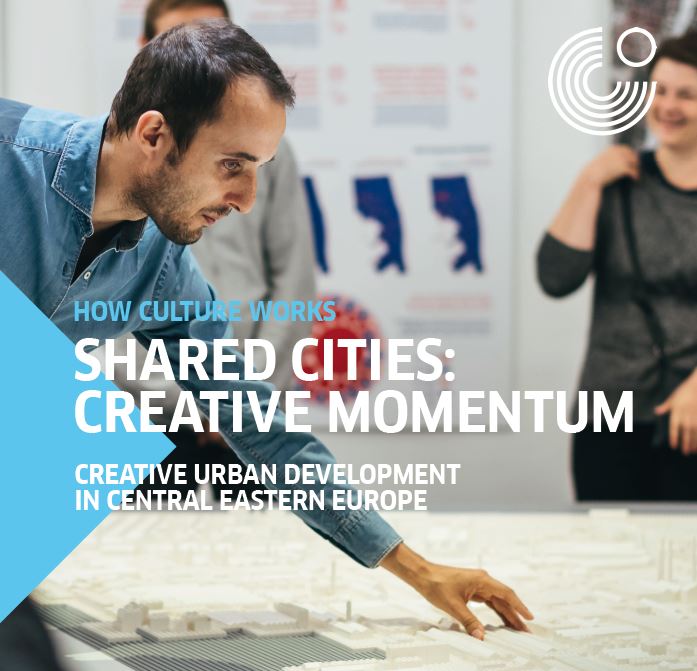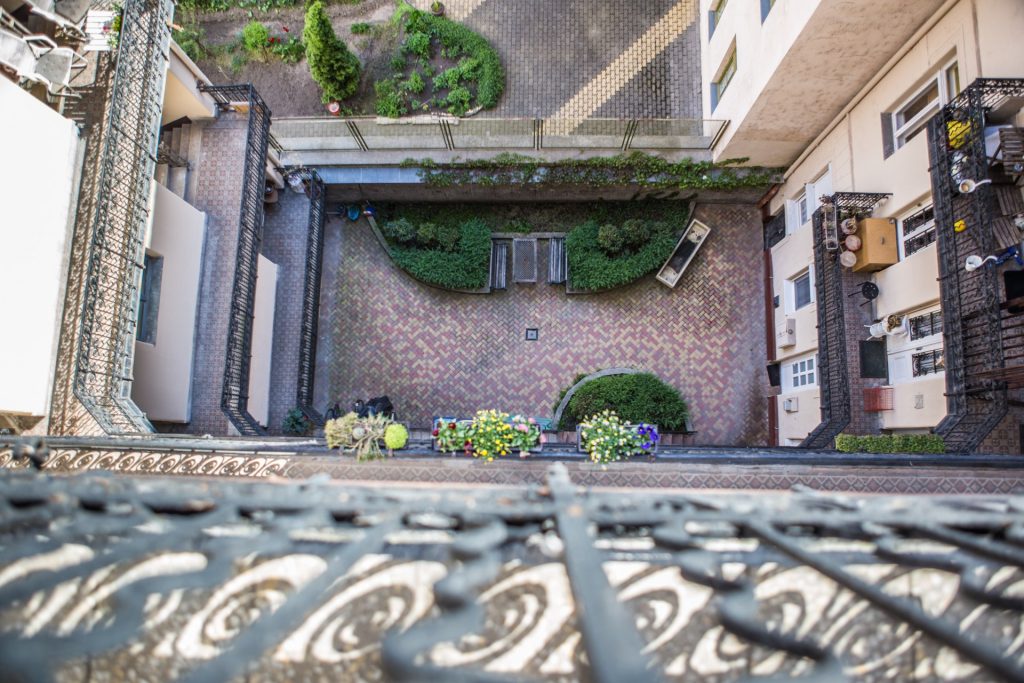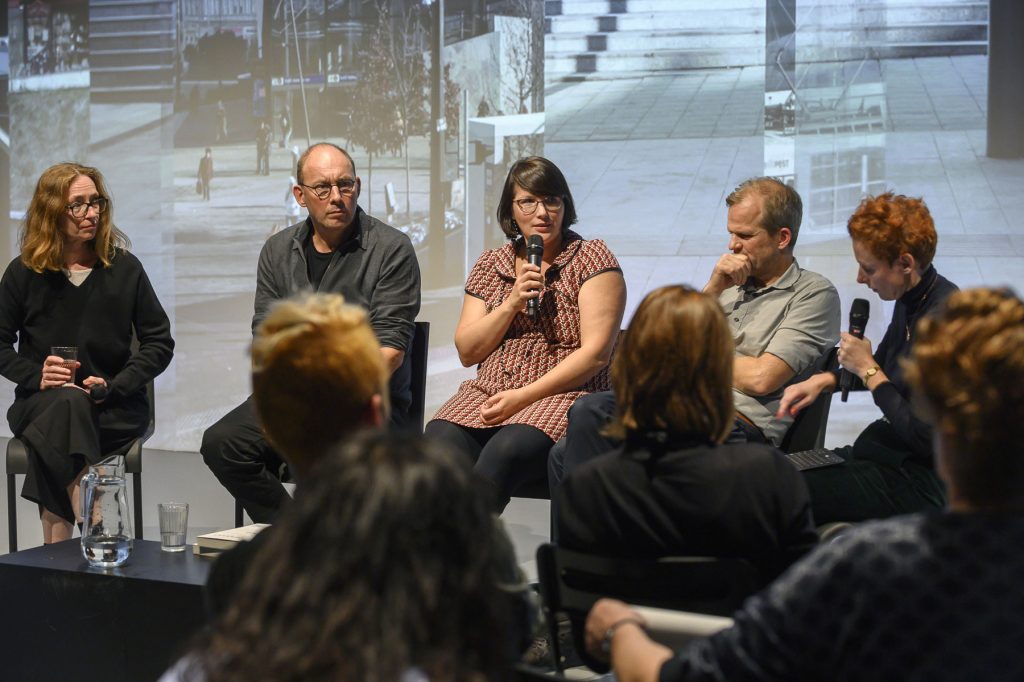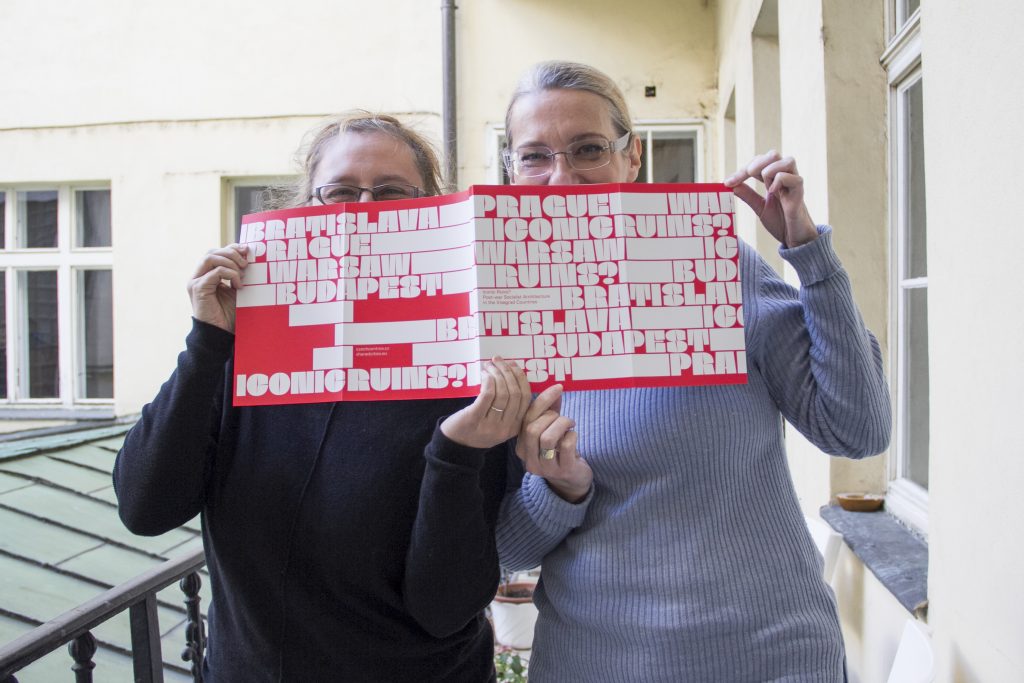
How Culture Works
"DOES EVERYTHING ALWAYS HAVE TO BE ASSESSED?" No. But when cultural work is financed with public funds, there is a necessity to evaluate.
Prague Permanent link5 - 6th MAY, 2018, BUDAPEST - two-day celebration of Budapest's squares and its historic buildings organized by volunteers, enthusiastic locals and tenants proudly inhabiting the buildings.

©Major Kata / WLB
BUDAPEST100: Share the Square! is a two-day celebration of Budapest and its historic buildings organized by volunteers, enthusiastic locals, and the very tenants proudly inhabiting the buildings. This year’s event on the 5-6th of May enlivens 24 selected squares in Budapest.
Small squares and big squares, old and charming buildings: countless programs and events await, prepared by those living and working there: legends, stories, secrets of the past and present come to life. Let’s “Share the Square”: here come the flowers of May, the active gardening communities, contemporary architecture fans and elders’ full of stories from times past, the picnics by day, and playing music together on the squares and parks by night. From cool cellars to the cosiest of lofts, let us open doors, gates and hallways: let’s meet on the square!
Budapest100, founded by the Open Society Archives and run by the Contemporary Architecture Centre (KÉK), aims to bring together people from different backgrounds and generations. Many of the venues host exhibitions and concerts and the programme also features a number of guided walks (some in English).
Programme in English available here
Programme in Hungarian available here
source: budapest100.hu/EN

"DOES EVERYTHING ALWAYS HAVE TO BE ASSESSED?" No. But when cultural work is financed with public funds, there is a necessity to evaluate.
Prague Permanent link
The one-day programme was based on discussion formats with renowned European architecture theorists, curators and urban researchers.
Prague Permanent link
Within Shared Cities: Creative Momentum the Czech Centres realized the "Iconic Ruins?" exhibition and an economic impact evaluation of the project. How does the future of the exhibition look like? What are the benefits of having an economic analysis of the project? Find the answers in the interview with Ivana Černá and Sandra Karácsony from the Czech Centres / Česká Centra in Prague, Czech Republic.
Prague Permanent link